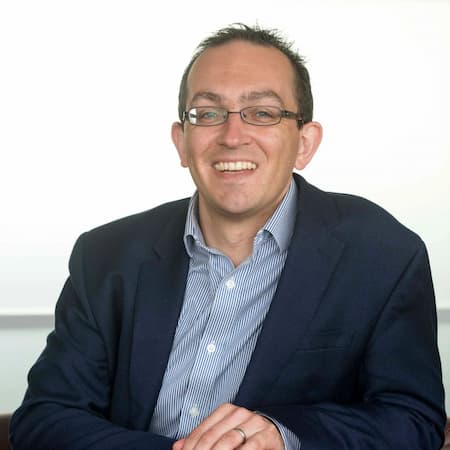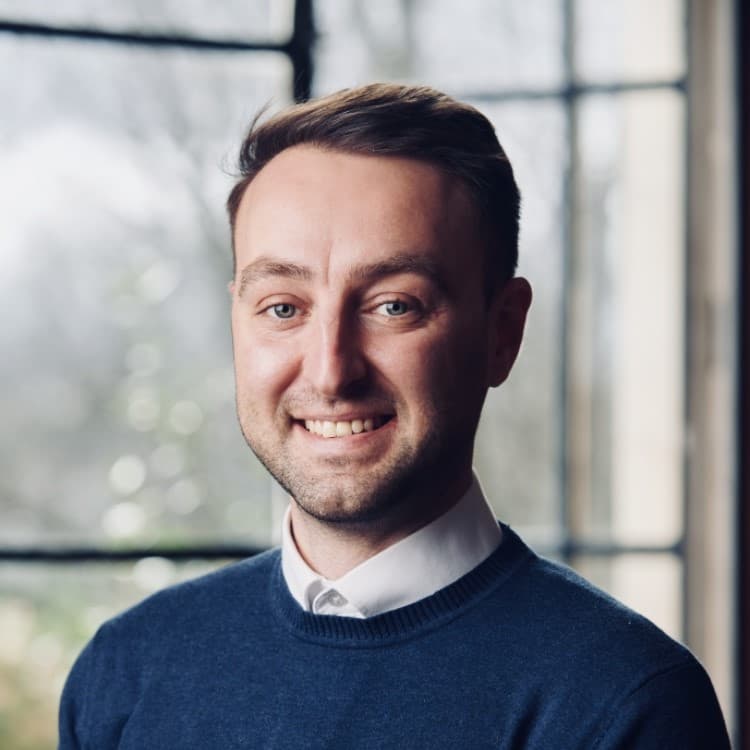About the study
Cefalexin is the NICE-recommended first-line oral antibiotic for children and young people with a febrile UTI, but there is limited evidence for its optimal duration.

Aims of the study
- To determine the optimal (shortest effective) cefalexin duration for the treatment of febrile UTIs in children, to achieve clinical cure (primary objective).
- To assess the impact of cefalexin treatment duration on UTI recurrence (relapse or reinfection) up to 30 days post-randomisation.
- To assess the impact of cefalexin treatment duration on antibiotic-associated adverse events (including diarrhoea and allergic reaction).
- To assess patient adherence to the trial drug across the treatment duration arms.
- To assess the impact of cefalexin treatment duration on antimicrobial cure and antimicrobial resistance.
- To quantify and draw inferences from any differences in quality of life (CHU9D) between the different treatment duration arms.
- To estimate cost-effectiveness of different treatment durations, to include the effect of treatment duration on the cost of antibiotic resistance.

Locations
Information about the Study
Study Design
A multi-centre, open label, multi-arm randomised controlled trial using a “DURATIONS design”, which will produce a “cefalexin duration vs cure rate” curve in order to determine the optimal number of treatment days.
Treatments
The study is going to compare different treatment lengths of the antibiotic, called cefalexin . Families and children won't be able to choose how many days of antibiotic they get. To make things fair, this will be decided through a process called randomisation.
Things to know
At the end of the study, we will know how many days of antibiotic children with urine infections should take to get better. To make sure people learn about this new information we will talk to other doctors and people in the NHS who write national guidelines.
Outcome Measures
Clinical UTI cure is defined as those patients in whom there is (i) fever resolution and (ii) no additional systemic antibiotic prescription by 16 days post-randomisation.
Participant Data
It is hoped that 705 children will take part over a 2-year period from at least 8 UK hospitals.
Study Funders
This study is funded by the National Institute for Health and Care Research (NIHR) The study is sponsored by The University of Birmingham. Additional funding for Ireland is provided by Children's Health Ireland.
Study Team

Dr Stuart Hartshorn
Chief Investigator
Stuart is a consultant in children’s emergency medicine at Birmingham Children’s Hospital and an Honorary Assistant Professor at the University of Birmingham. He is dedicated to improving the care delivered to children and young people within emergency departments by providing opportunities for patients and families to contribute to important research.

Prof Dan Perry
Co-lead
Dan is a Research Professor and a consultant in children's orthopaedic surgery. He leads international clinical research in a broad array of conditions & injuries that affect children, and loves to ensure that research is presented in a way that is accessible to everyone.

Zerin Alimajstorovic
Clinical Trials Manager
Zerin is an experienced Postdoctoral Research Fellow at University of Birmingham. He has a Doctor of Philosophy (PhD) focused in Neurobiology and Neurosciences from The Open University and King's College London.